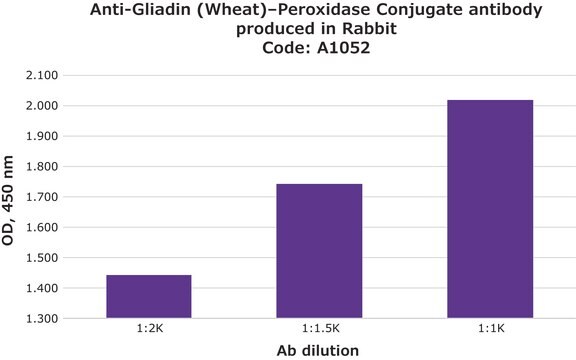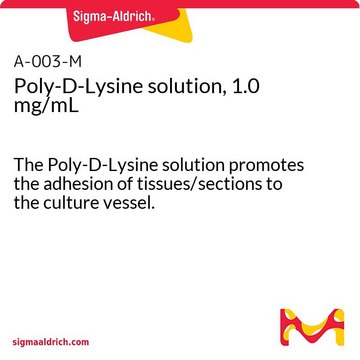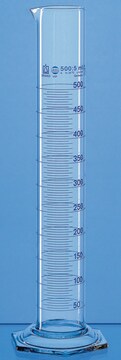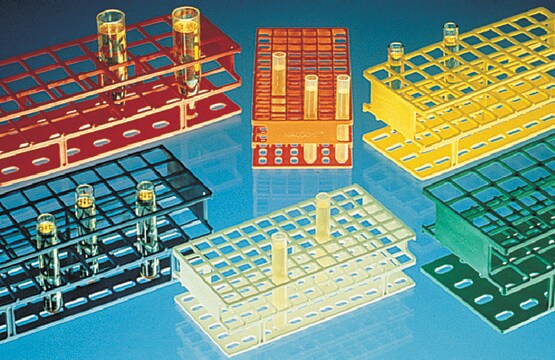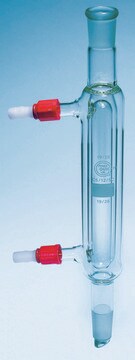MABC674
Anti-LPL Antibody, clone 2C5
ascites fluid, clone 2C5, from mouse
Synonym(s):
Lipoprotein lipase, HDLCQ11
Sign Into View Organizational & Contract Pricing
All Photos(1)
About This Item
UNSPSC Code:
12352203
eCl@ss:
32160702
NACRES:
NA.41
clone:
2C5, monoclonal
application:
WB
species reactivity:
human
technique(s):
western blot: suitable
citations:
1
Recommended Products
biological source
mouse
Quality Level
antibody form
ascites fluid
antibody product type
primary antibodies
clone
2C5, monoclonal
species reactivity
human
technique(s)
western blot: suitable
isotype
IgG1
UniProt accession no.
shipped in
wet ice
target post-translational modification
unmodified
Gene Information
human ... LPL(4023)
General description
Lipoprotein lipase (LPL) is encoded by the LPL/LIPD gene in humans and is a lipase that localizes to the plasma membrane of the microvilli of hepatocytes and the luminal surface of endothelial cells in capillaries. It is expressed in a wide variety of tissues from fat and heart to muscle and mammary glands. It can also be found in the blood bound to lipoproteins. Its function is to hydrolyze triglycerides from the blood and other sources into free fatty acids; LPL also acts as receptor and binding factor for lipoprotein uptake and allows for the catalysis of VLDL from the blood. Expression and regulation of LPL differ by tissue type, some factors such as insulin can stimulate LPL expression in fat tissues, where as insulin down regulates LPL expression on muscle. Recently because serum triglyceride levels are linked with the development of cancer, LPL has become a target for cancer prevention and therapy because LPL catalyzes plasma triglycerides leading to lower levels, it is thought that LPL assisted therapy could be useful in preventing or treating cancers. EMD-Millipore’s Anti-LPL mouse monoclonal antibody has been tested on western blots using HeLa cell lysates.
Immunogen
Purified recombinant fragment of human LPL expressed in E. Coli.
Application
Anti-LPL Antibody, clone 2C5 is a mouse monoclonal antibody & validated for use in western blotting.
Quality
Evaluated by Western Blotting in Hela cell lysate.
Western Blotting Analysis: A 1:500-2,000 dilution of this antibody detected LPL in Hela cell lysate.
Optimal working dilutions must be determined by end user.
Western Blotting Analysis: A 1:500-2,000 dilution of this antibody detected LPL in Hela cell lysate.
Optimal working dilutions must be determined by end user.
Target description
~53 kDa observed
Analysis Note
Control
Hela cell lysate
Hela cell lysate
Not finding the right product?
Try our Product Selector Tool.
Storage Class Code
12 - Non Combustible Liquids
WGK
nwg
Flash Point(F)
Not applicable
Flash Point(C)
Not applicable
Certificates of Analysis (COA)
Search for Certificates of Analysis (COA) by entering the products Lot/Batch Number. Lot and Batch Numbers can be found on a product’s label following the words ‘Lot’ or ‘Batch’.
Already Own This Product?
Find documentation for the products that you have recently purchased in the Document Library.
Charlotte H Hulme et al.
Scientific reports, 9(1), 14114-14114 (2019-10-03)
Diabetes mellitus (DM) during pregnancy can result in fetal overgrowth, likely due to placental dysfunction, which has health consequences for the infant. Here we test our prediction from previous work using a placental cell line that high glucose concentrations affect
Our team of scientists has experience in all areas of research including Life Science, Material Science, Chemical Synthesis, Chromatography, Analytical and many others.
Contact Technical Service